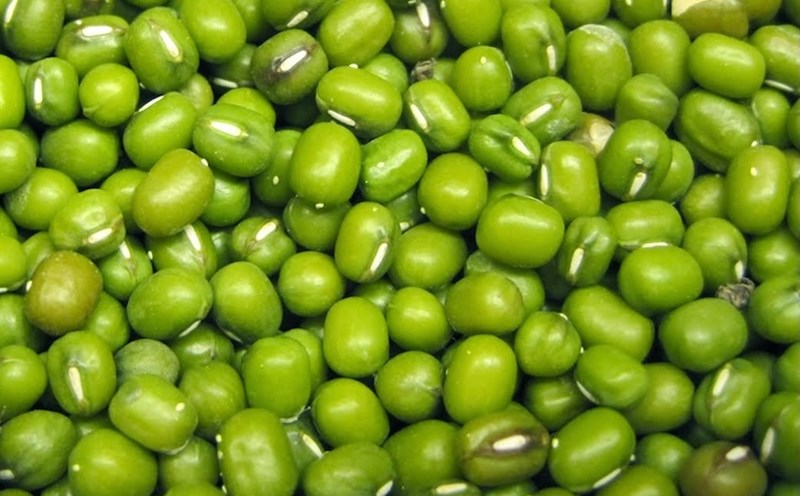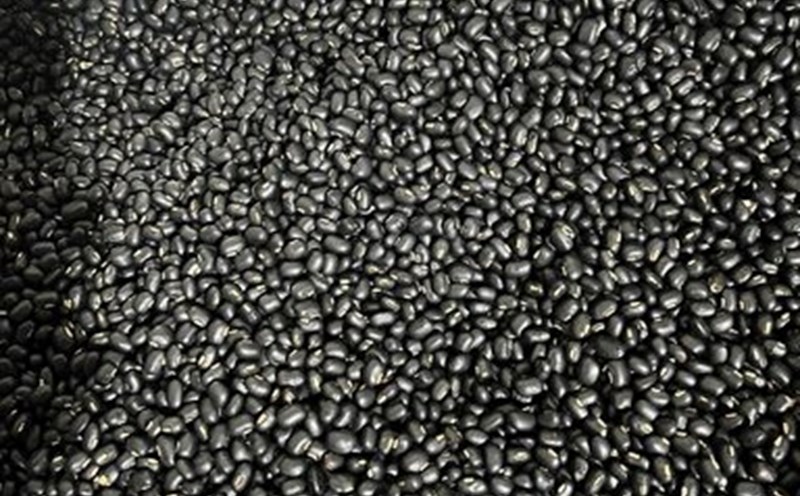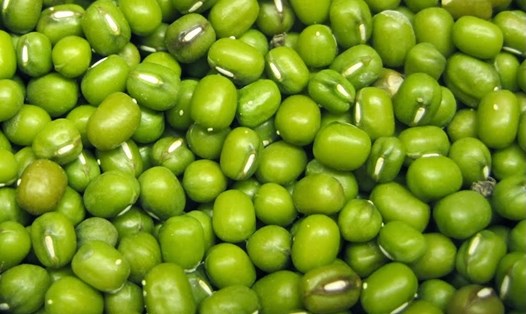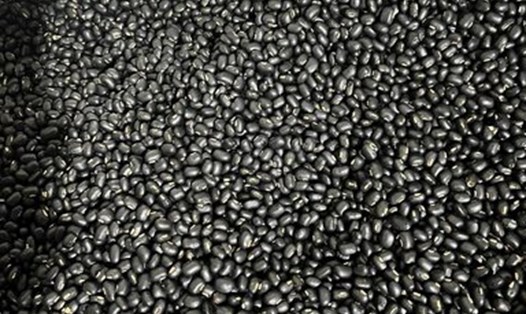The kidney is one of the most important organs in the body, taking on the function of filtering blood, eliminating toxins and maintaining water - electrolyte balance. However, in modern life, many people have the habit of drinking very little water, only when thirsty do they drink. This habit seems harmless but is the silent cause of impaired kidney function over time.
When the body lacks water, the blood circulation to the kidneys decreases, reducing the ability to filter and excrete waste. Urinary juices become thicker, allowing mineral crystals to converge, forming kidney stones or urinary tract stones. In the long run, this buildup can cause inflammation, infection, or damage the renal Tubes, leading to weak kidney condition. People with weak kidneys often have symptoms such as fatigue, low urination, mild edema, back pain or reduced ability to concentrate.
The habit of drinking less water also affects blood pressure and the heart. This is because the kidneys do not have enough water to regulate sodium levels and blood volume. Mild but prolonged dehydration causes the kidneys to work too hard to maintain the balance of the lips, making kidney cells susceptible to degeneration.
How to drink water that is good for kidney health
Not only is drinking enough water good for the kidneys, but it is also necessary to drink enough doses and properly.
According to researchers, to contribute to maintaining kidney health, each person should maintain the habit of drinking enough 1.5 to 2 liters of water per day, depending on their weight, activity level and weather.
Divide the amount of water you drink during the day, avoid drinking too much at once. Nutritionists also recommend adding water from vegetables and fruits.
Maintaining adequate hydration not only helps the kidneys function effectively but also improves the skin, digestive system and overall health.











